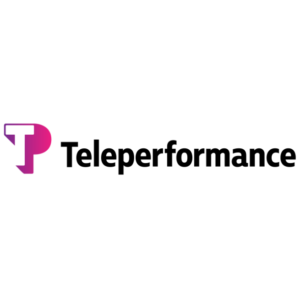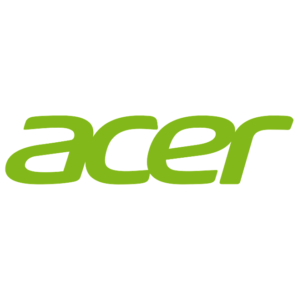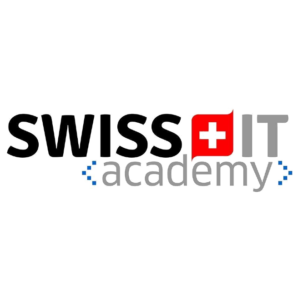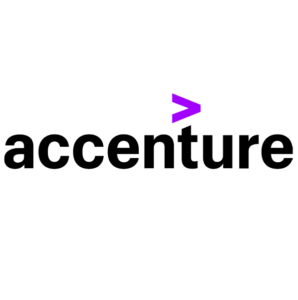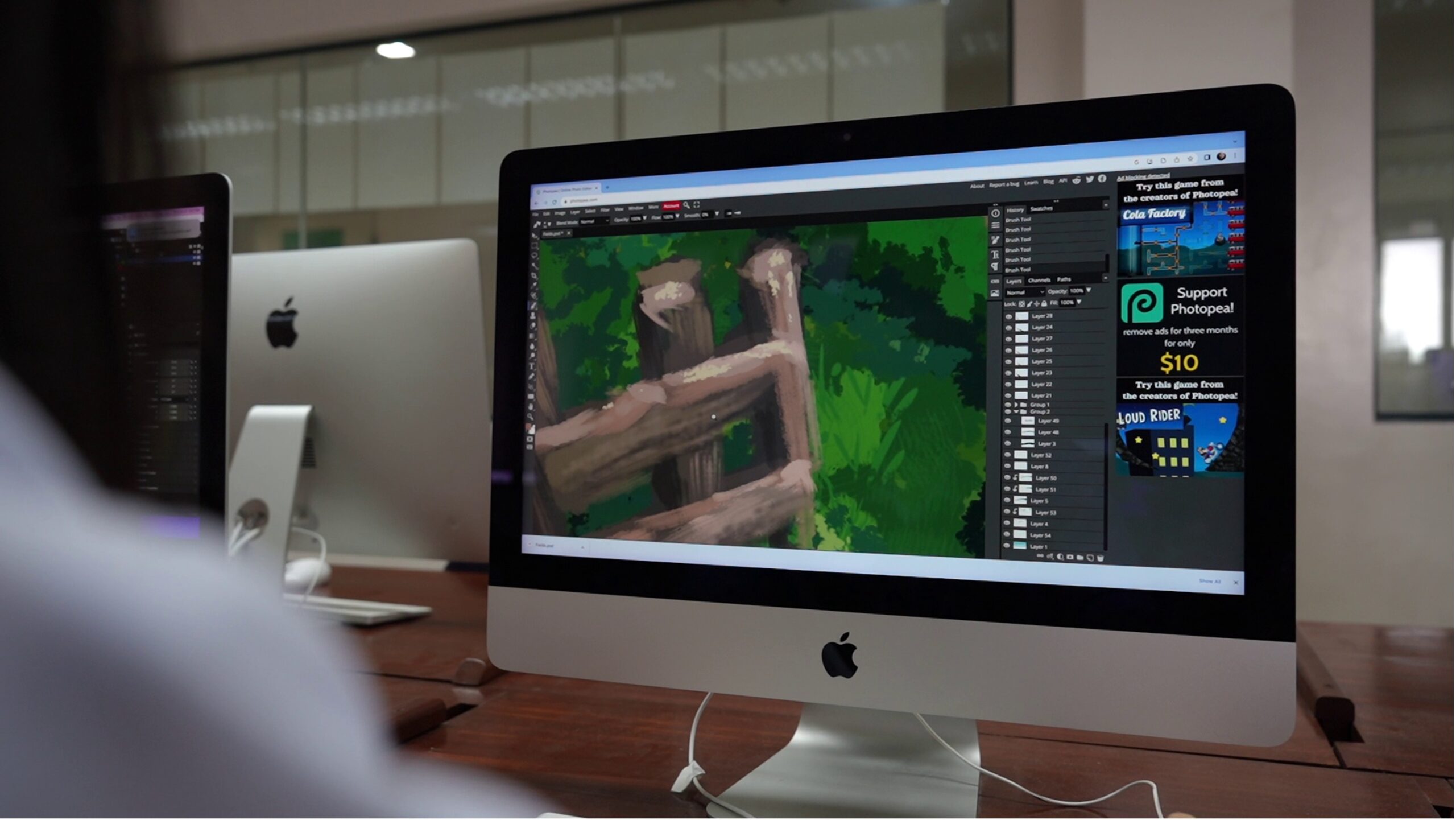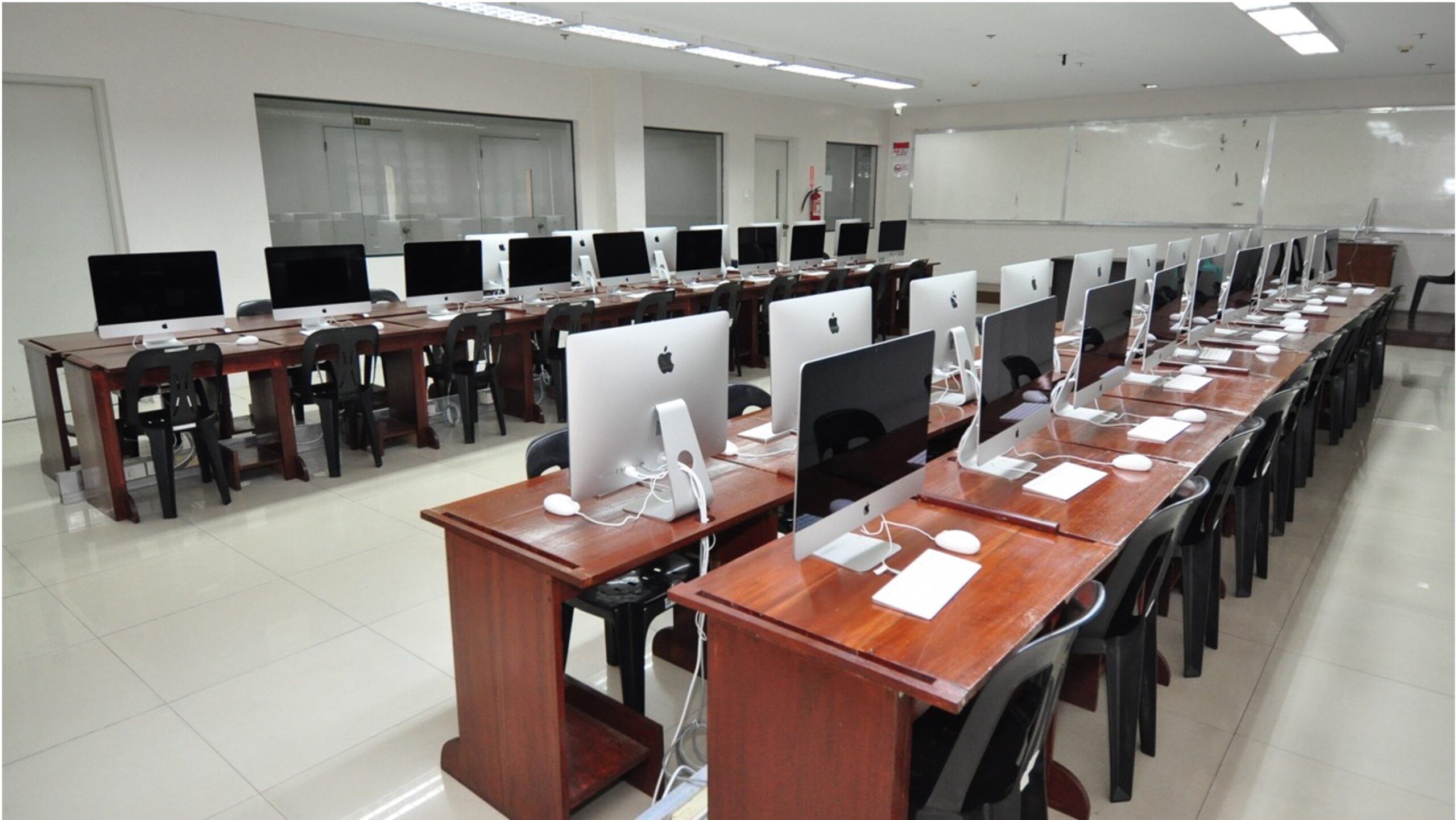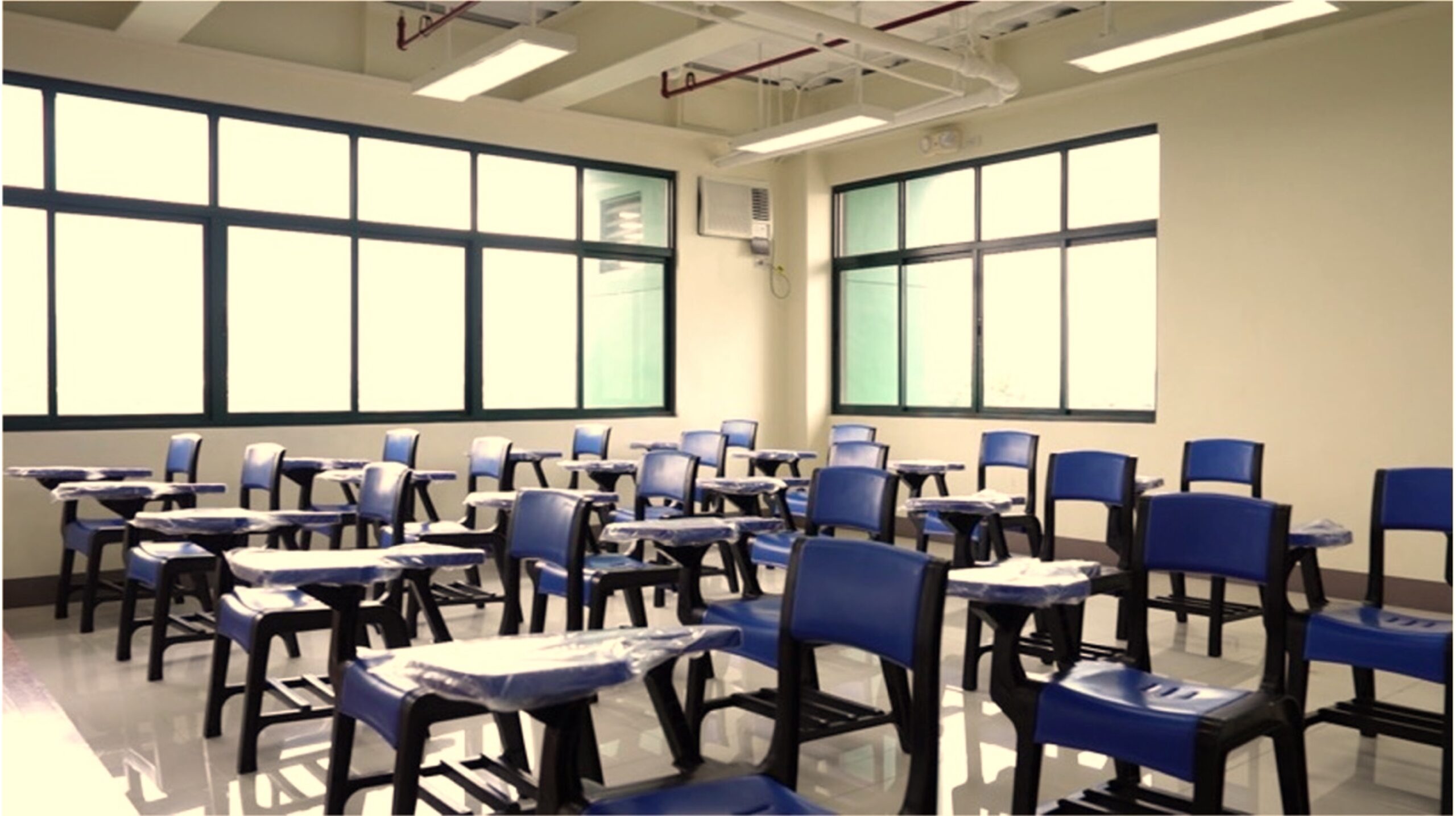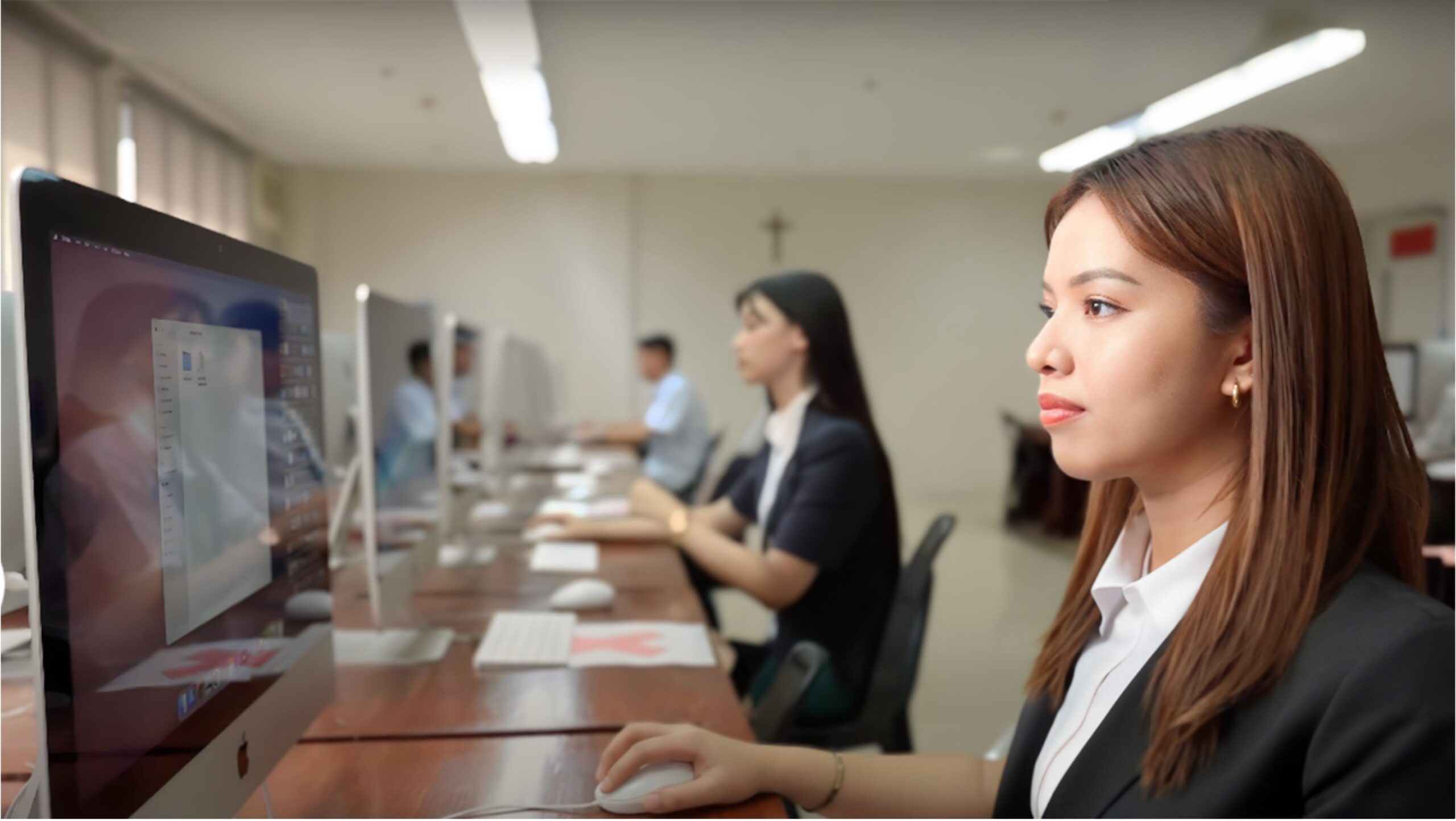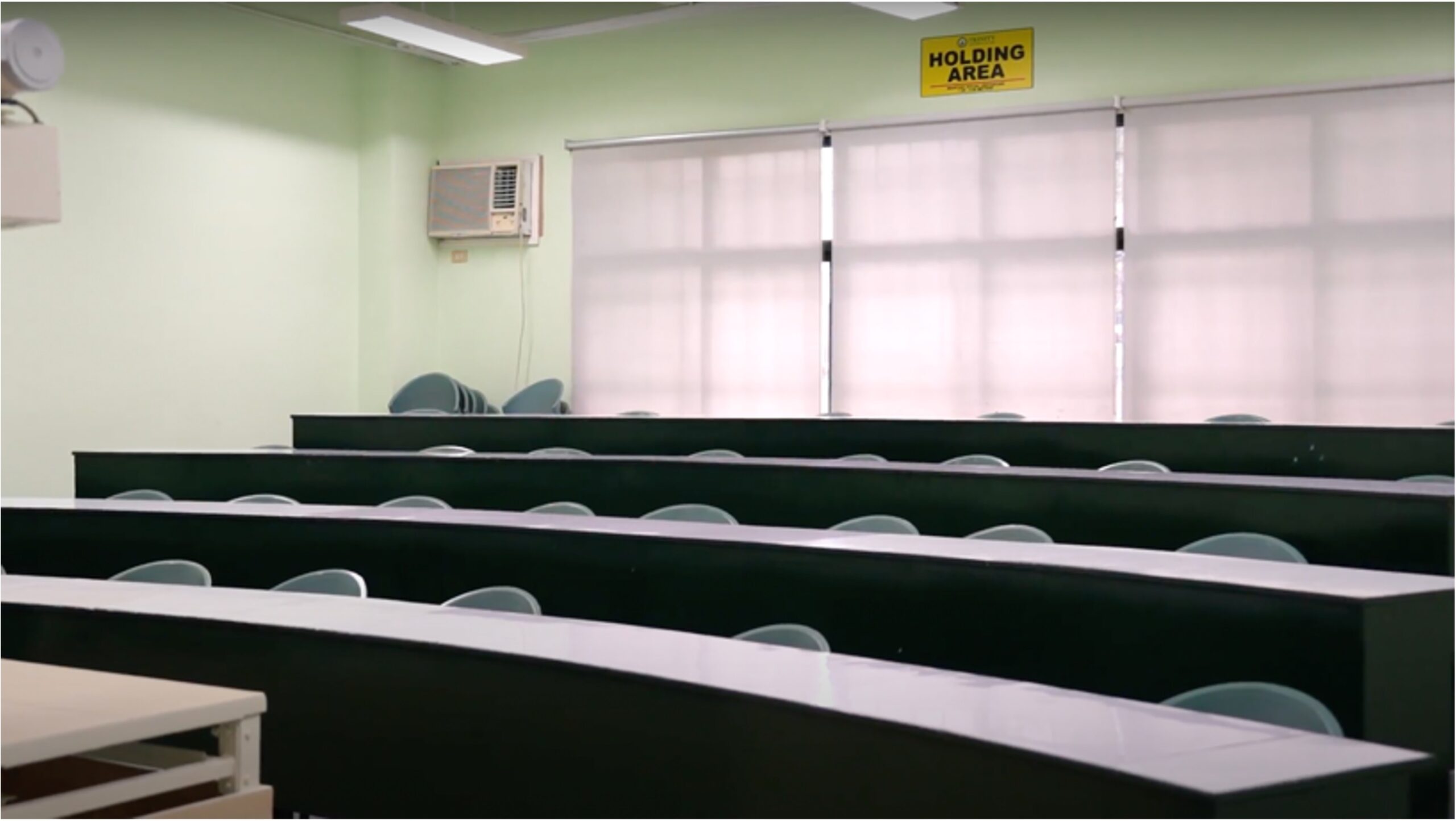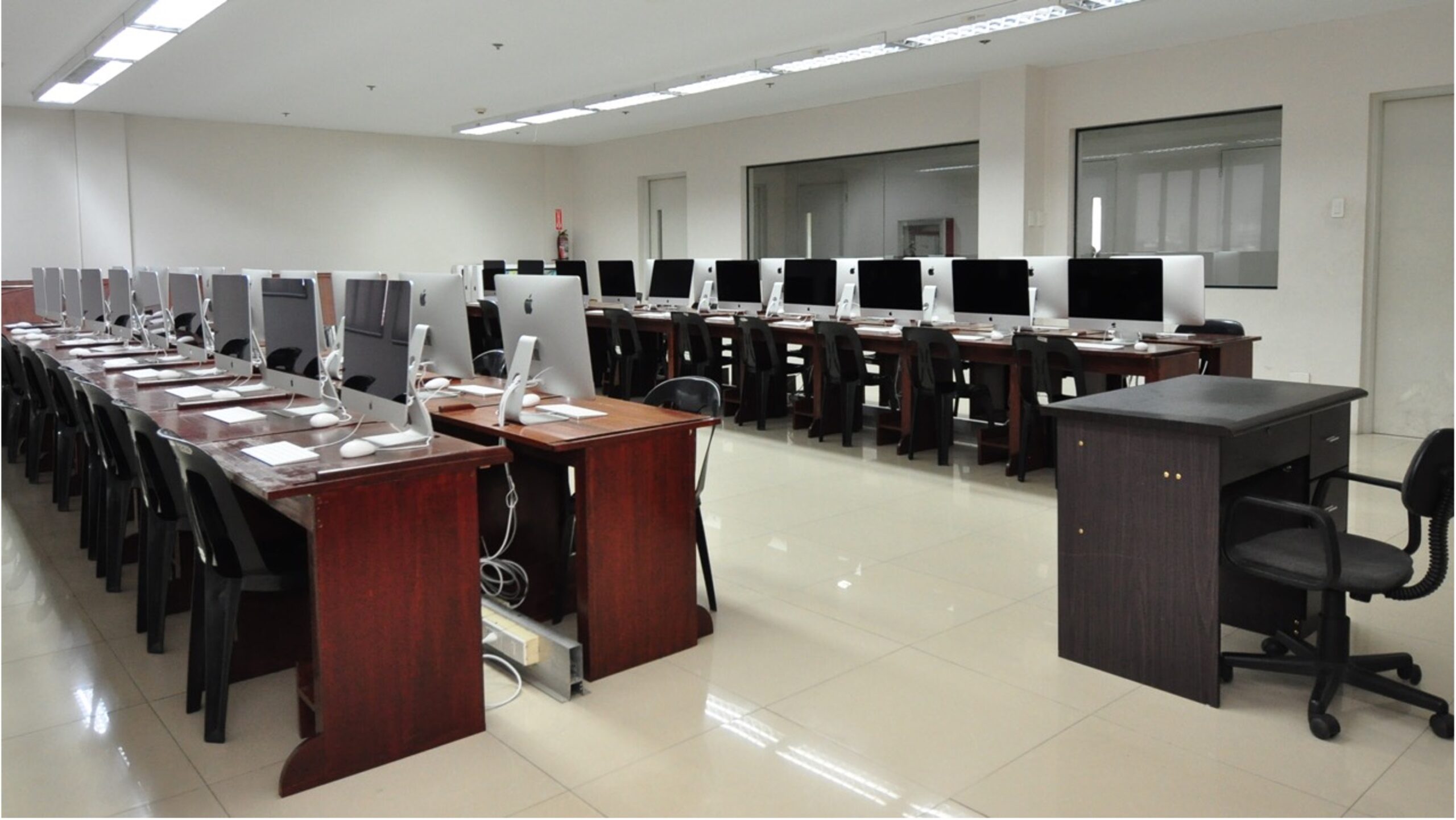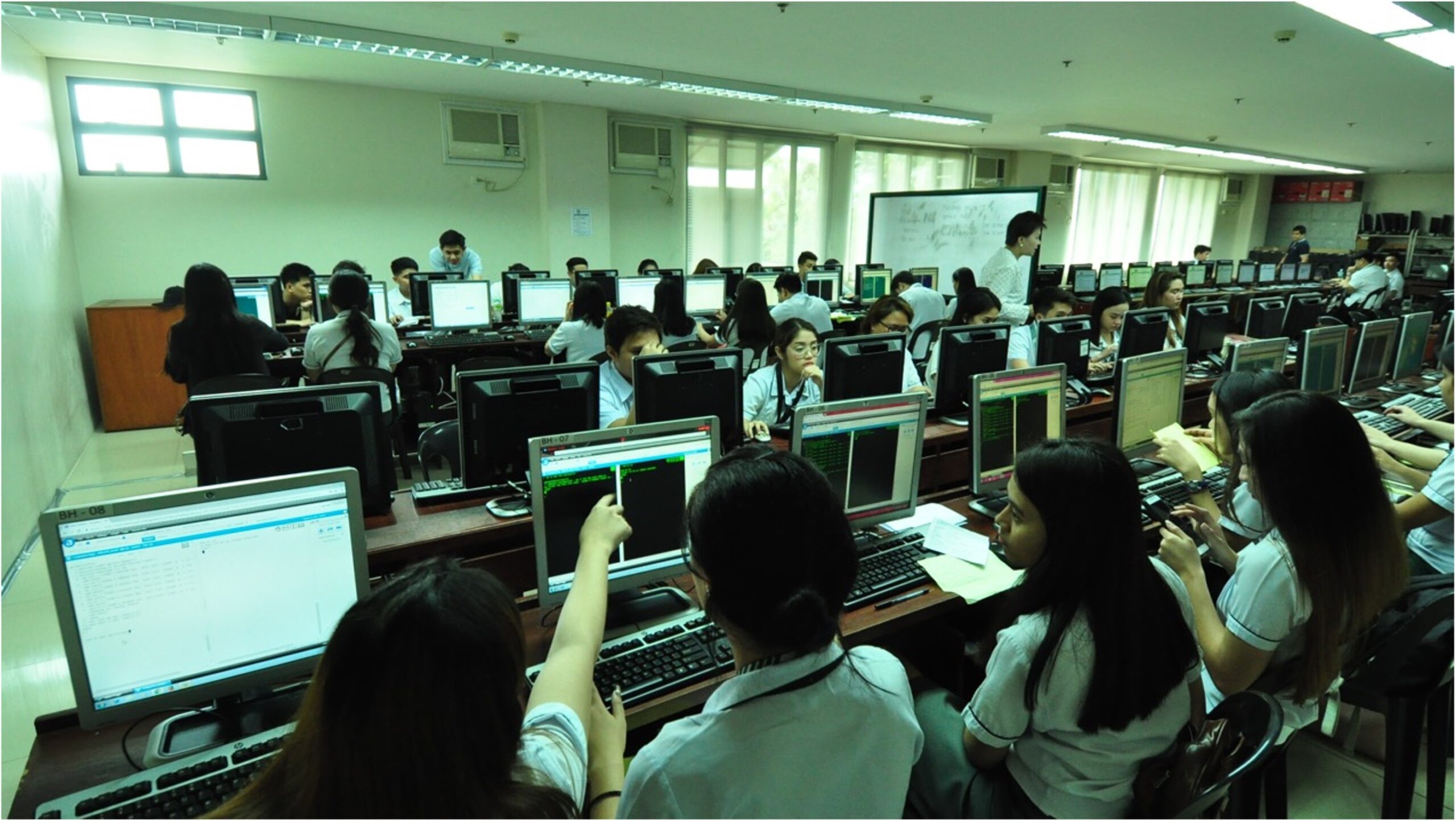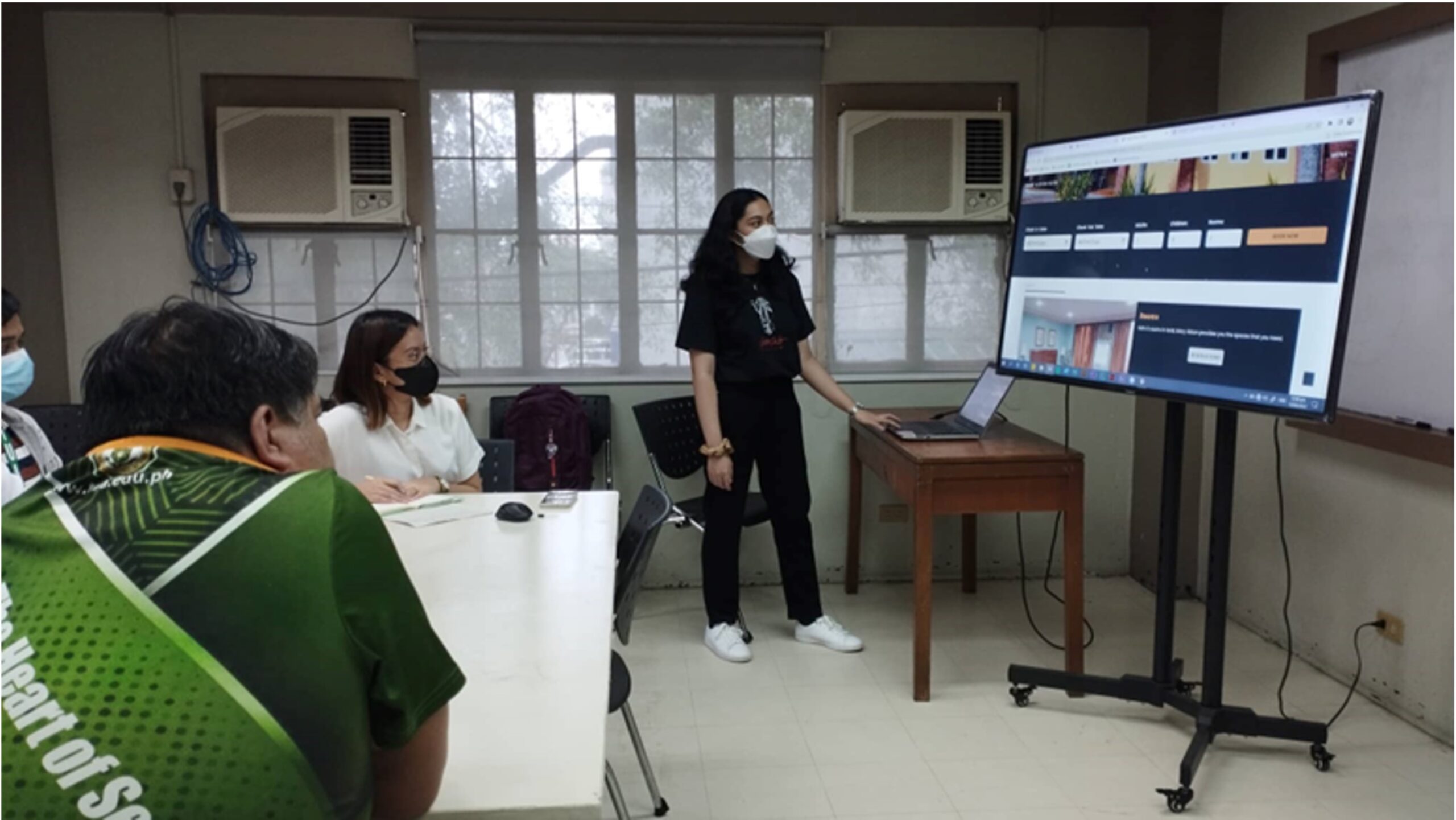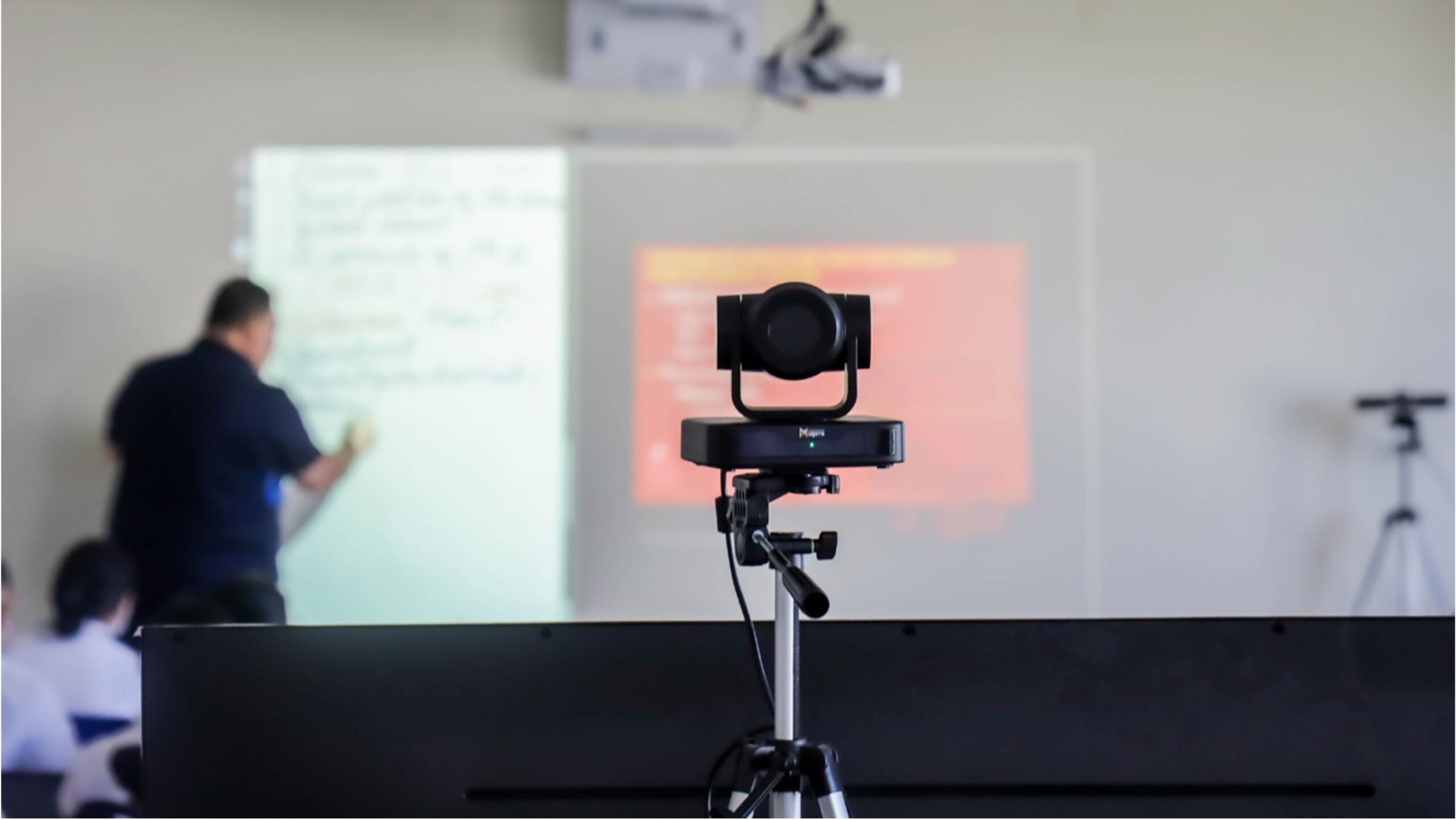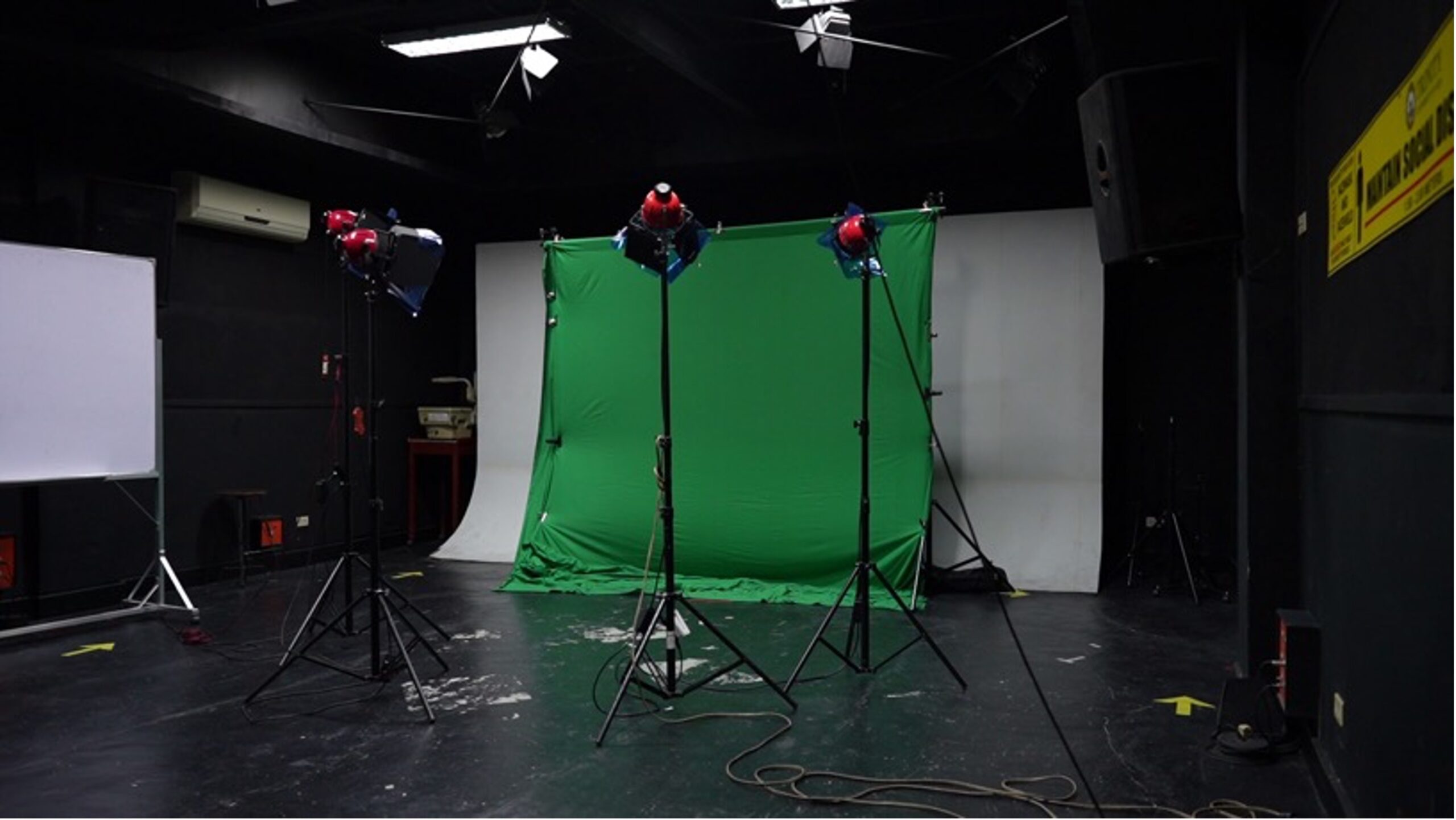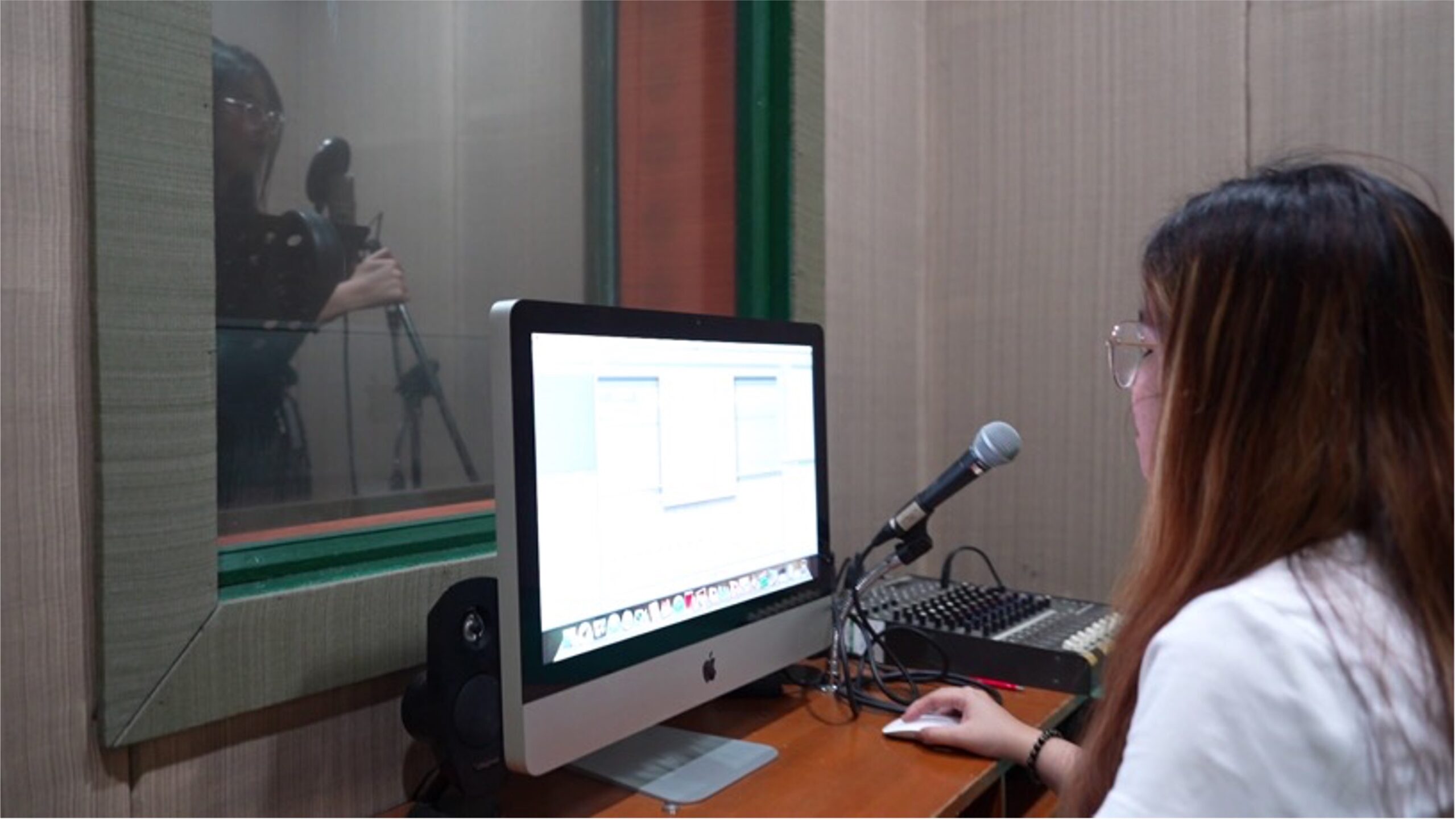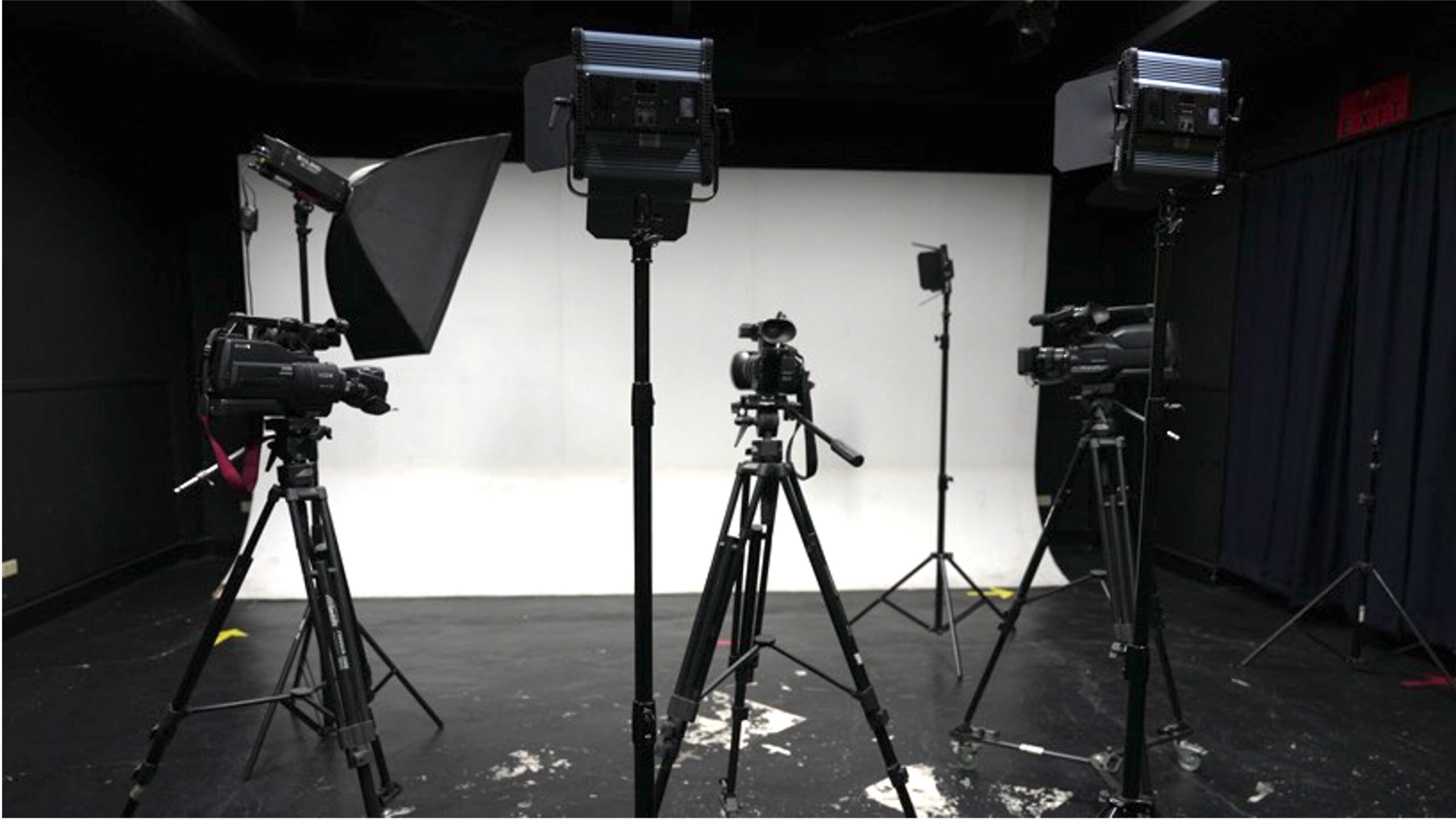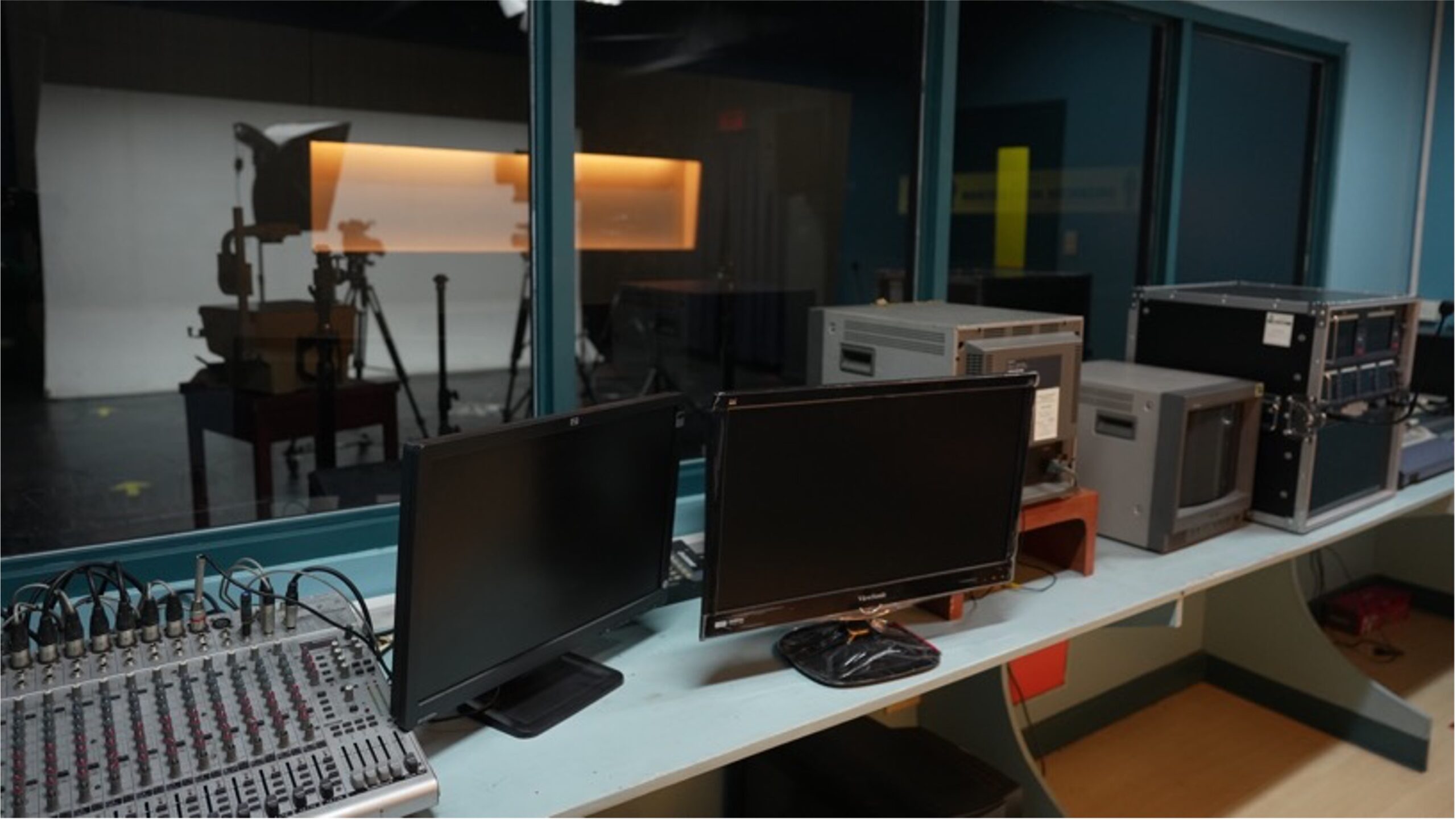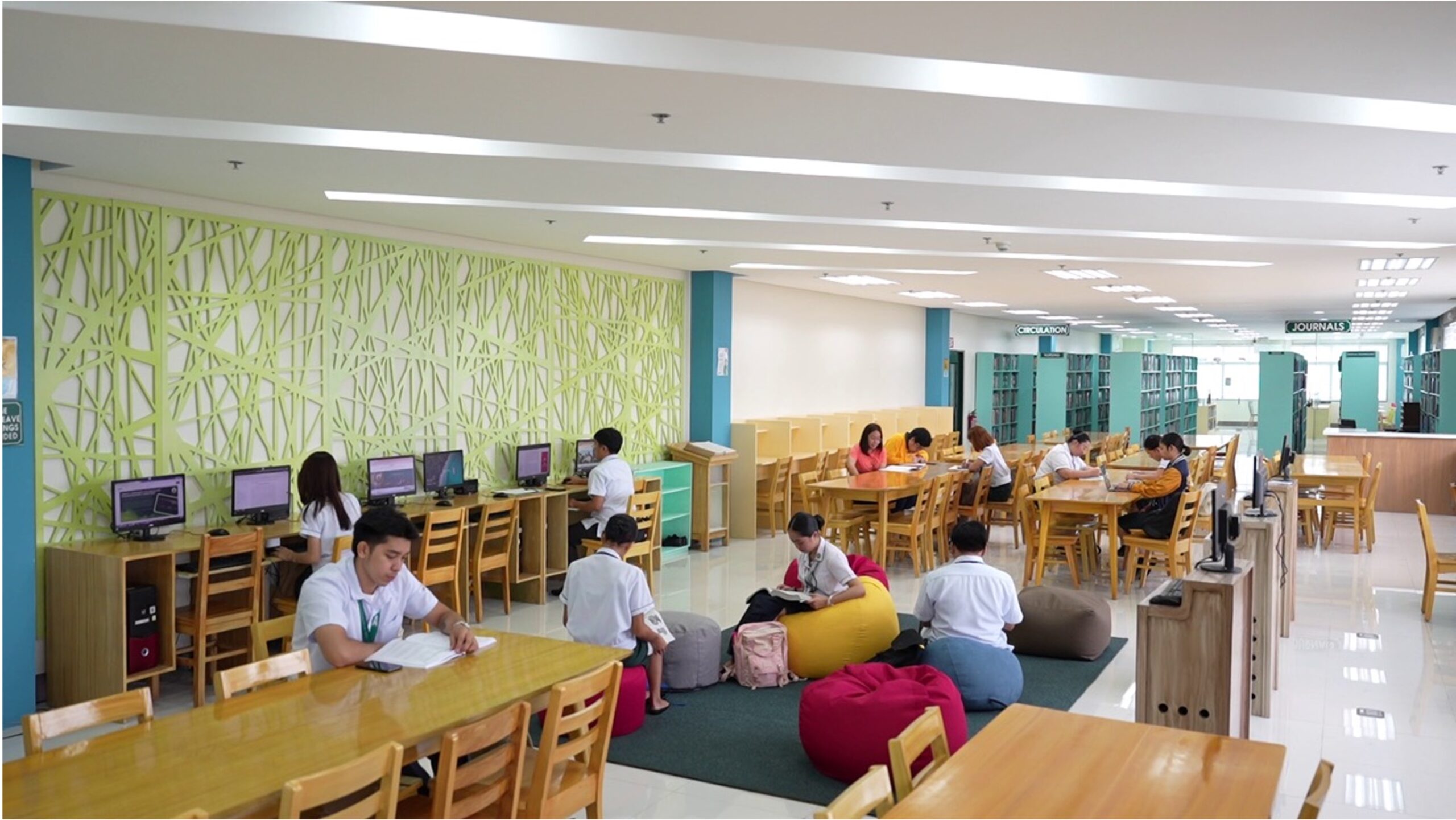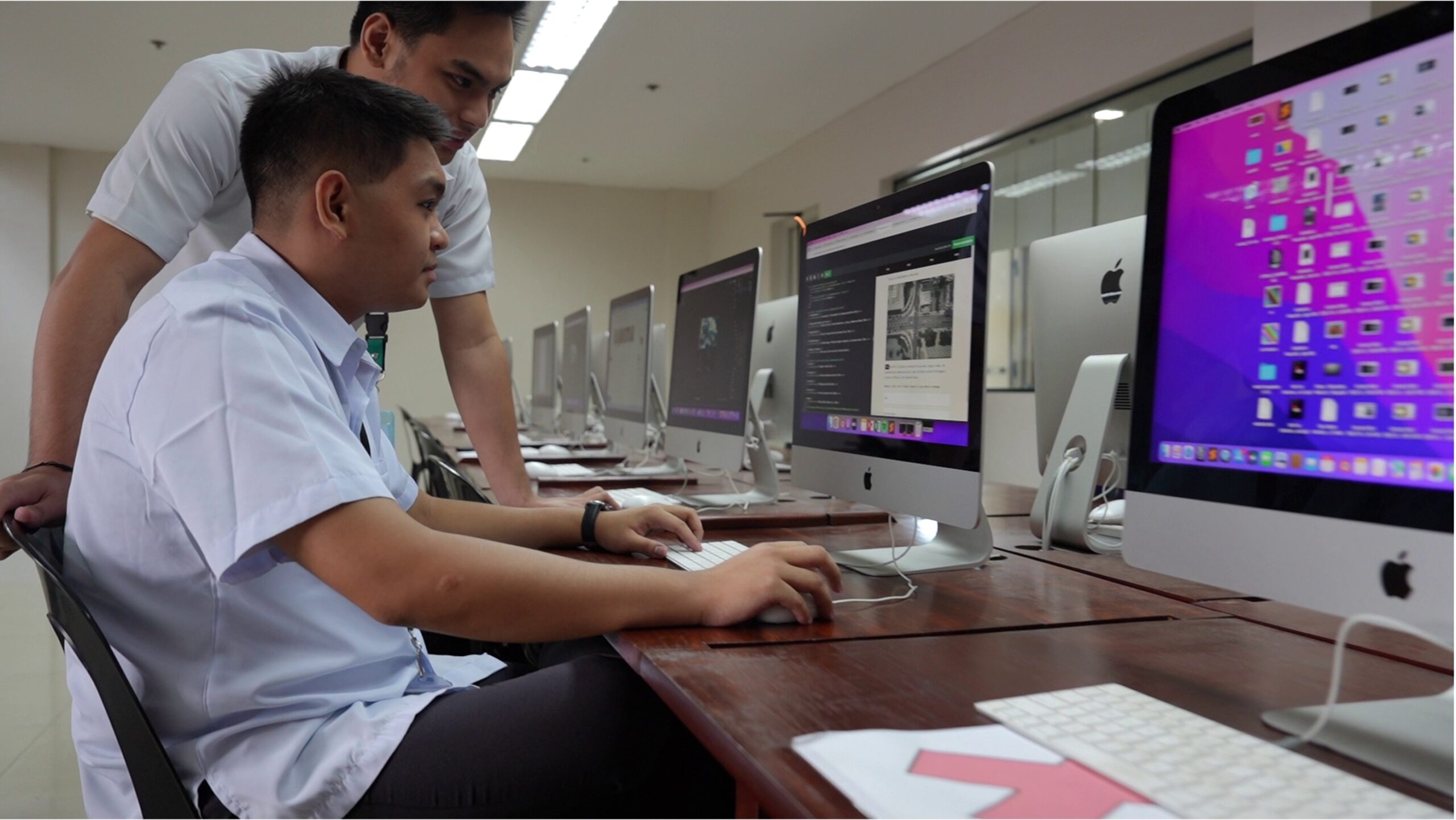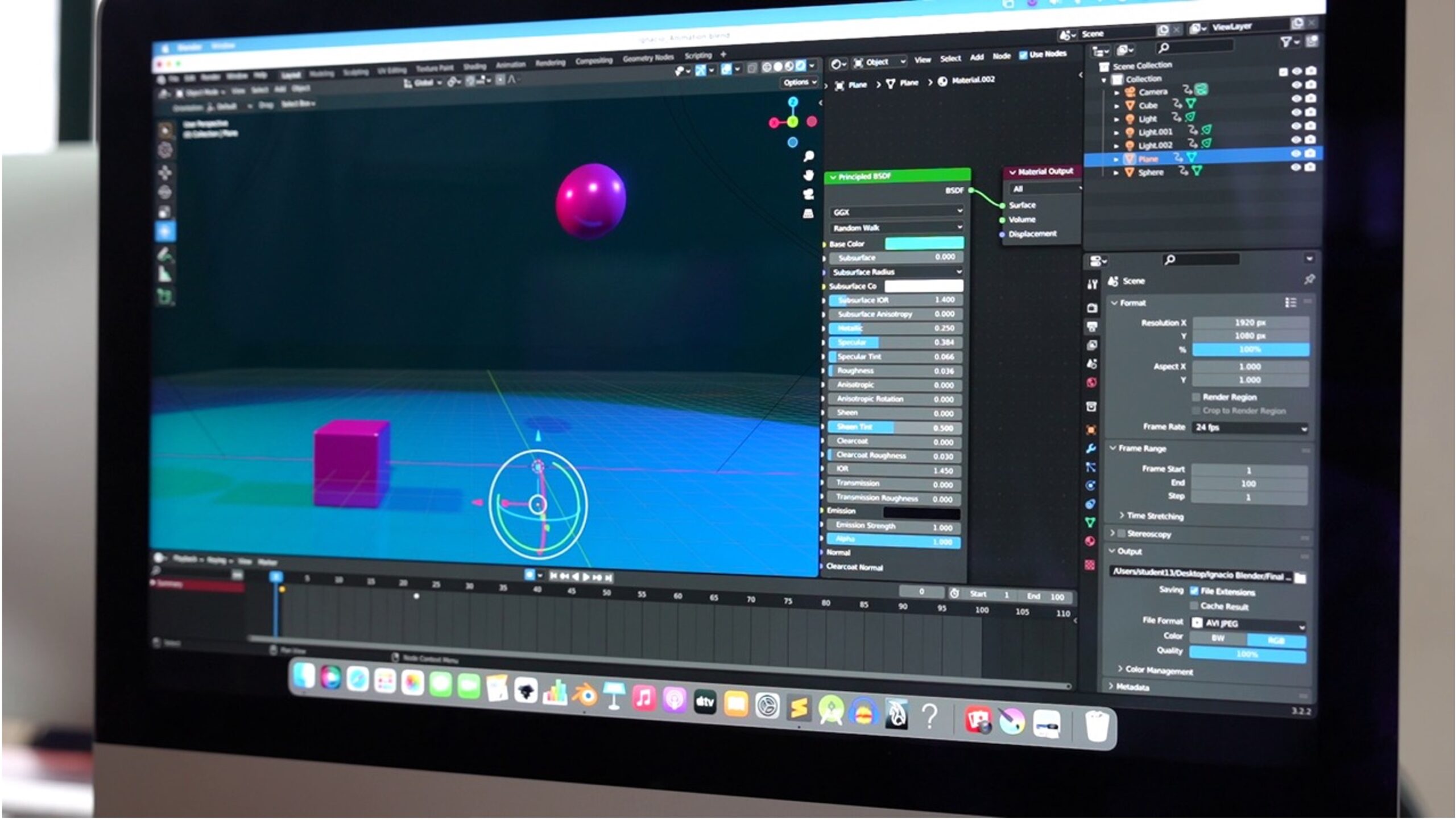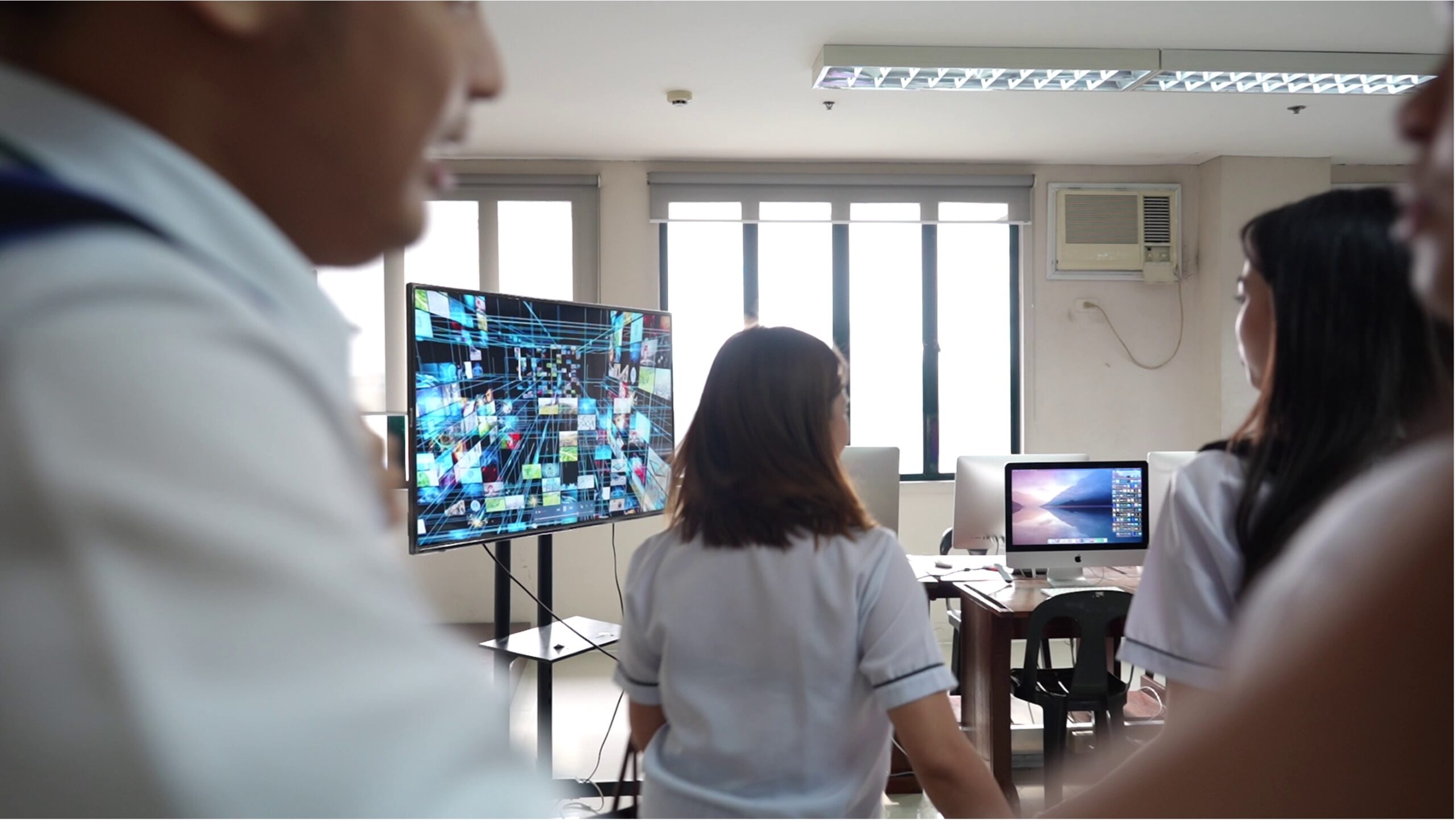Our Bachelor of Science in Information Technology programs offer a comprehensive educational journey crafted to empower students with a deep-seated understanding of the dynamic world of technology. Immerse yourself in the thrilling realm of IT through our multimedia arts and game development or software engineering program. Explore the exciting path that lies ahead in our BS Information Technology programs below!

BSIT programs are immersive four-year experiences meticulously crafted to furnish students with an expansive understanding of the diverse realms of information technology. These programs instill students with the proficiency, creativity, and technical prowess needed to excel in the dynamic field of IT. Within our BS IT offerings, students have the opportunity to specialize in two compelling majors: Multimedia Arts and Game Development, and Software Engineering.
The Head of the Program
Ms. Suzette C. Crisostomo
 A distinguished Information Technology professional with a substantial academic foundation. Holding a Master’s degree in Information Technology and pursuing a Doctor of Information Technology program, Suzette demonstrates a strong commitment to ongoing education and technological advancements. With 18 years of teaching experience, Suzette emphasizes practical application, critical thinking, and innovation in her teaching philosophy, preparing students for a rapidly evolving technological landscape. Ms. Crisostomo is a highly accomplished professional dedicated to advancing Information Technology education, making her a valuable asset to the College of Engineering and Information Sciences and the broader IT community.
A distinguished Information Technology professional with a substantial academic foundation. Holding a Master’s degree in Information Technology and pursuing a Doctor of Information Technology program, Suzette demonstrates a strong commitment to ongoing education and technological advancements. With 18 years of teaching experience, Suzette emphasizes practical application, critical thinking, and innovation in her teaching philosophy, preparing students for a rapidly evolving technological landscape. Ms. Crisostomo is a highly accomplished professional dedicated to advancing Information Technology education, making her a valuable asset to the College of Engineering and Information Sciences and the broader IT community.
Affiliations
Student Facilities
At CEIS, we prioritize the development of students’ future-ready technical and practical skills. Our laboratories foster an interactive environment where theory seamlessly merges with hands-on practice. Equipped with Apple iMac and Acer computers, our computer laboratory provides cutting-edge resources. We have a TV and radio studio for audiovisual projects and lectures. Some classrooms feature Hyflex learning systems that enable students to participate either in-person or remotely according to their preferences and circumstances.
Student Activities
CEIS hosts a variety of student activities. These events create a vibrant campus atmosphere. From cultural celebrations to academic competitions, students have diverse opportunities to engage. These activities encourage collaboration and growth even outside the classroom.
BSIT Degree Admission Requirements
REQUIREMENTS
- Form 138 (Report Card) / ALS Certification
- Certificate of Good Moral Character
- Photocopy of PSA / NSO Birth Certificate
PROCEDURES
FRESHMEN (ONSITE)
STEP 1 Fill out Registration Form at the Office of Admission and Registration (OAR).
To facilitate the application process, the student may encode in advance his/her information via https://mytuaportal.org/lwsis/
STEP 2 Submit Registration Form to the Admission Officer for encoding
Attach the following:
- Form 138 (Report Card) / ALS Certification
- Certificate of Good Moral Character
- Photocopy of PSA / NSO Birth Certificate
The Admission Officer will generate your Student Number and your Assessment Form
STEP 3 Pay Tuition Fee at the Finance Office to be officially enrolled
Reminders:
- Please pay the required down payment to be officially enrolled. Paying less than the required amount will not process the enrollment.
- Scanned copies of admission credentials should be attached as part of the ONLINE. However, original copies must be submitted to the OAR Admission Officer on or before the first day of classes. Failure to comply may nullify the admission.
- Students who are still waiting for their complete original copies due to on-going classes will be asked to execute a promissory letter stating when they can submit the required documents.
FRESHMEN (ONLINE)
STEP 1 Open https://mytuaportal.org/lwsis/
- Click New Students
- Fill out the Admission and Registration form; Click Submit
- Check email for the login link
Log in as follows:
- Account type: Applicants
- Email Address: (enter email address provided)
- Password: tuapassword (this is the default, kindly change once logged-in)
- Term: SY 2022-2023
- Click Generate Student Number
NOTE: Applicants with Student Number may start from here after logging in.
STEP 2 Proceed to Registration Module
- Click the “+” (plus) icon
- Click “Save” to generate registration assessment
- Review your Student Assessment Form (SAF)
STEP 3 Pay Tuition Fee
- Proceed to Payments
- Choose your Payment Mode; Input Amount to Pay; Click Pay Now
- Select your Payment Option; Click Send Instructions via Email/Mobile
- Click Validate Payment
After payment, please wait for at least two (2) to three (3) days for the Finance and Accounting Office’s (FAO) clearing and checking. After which, the student may check his/her portal account to check if he/she is Officially Enrolled.
Graduation Requirements
REQUIREMENTS
The BECEd program consists of a minimum of 158 units, including General Education courses (36 units), Professional Education courses (42 units), Major courses (63 units), Special Topic (3 units), and Mandated courses (14 units). Completion of 360-hour practicum program and a thesis project.
Graduation Requirements for College and Graduate School Candidates
- Application for Graduation to be filed at the Office of Admission and Registration (OAR)
- Completed academic, documentary, and financial requirements.
- Documentary requirements:
- Form 137A marked “Copy for Trinity University of Asia” (for students who initially enrolled as freshmen)
- Transcript of Records (TOR) marked “Copy for Trinity University of Asia” (for students who initially joined as transferees)
- Graduation Clearance
- Settled graduation fee
Additional requirements for Board takers
- One (1) 2×2 ID picture with white background
- Additional requirements for Graduate School students
- Hard bound and finalized Thesis or Dissertation
- Certified True Copy of the following:
- Title Page
- Approval Sheet
- Abstract
Additional requirements for Foreign students:
- Updated Student Visa


